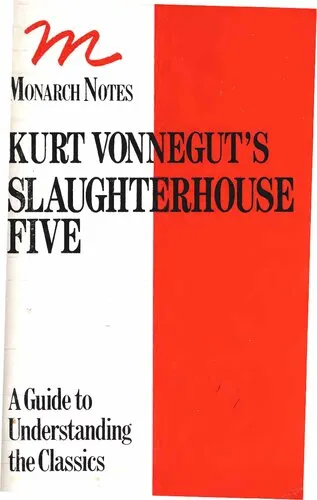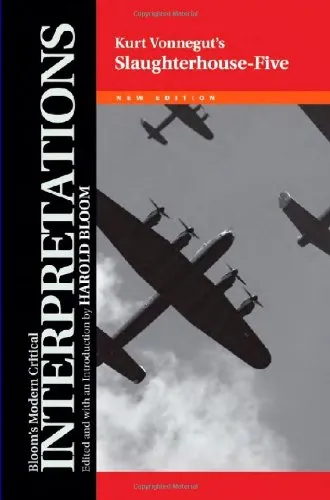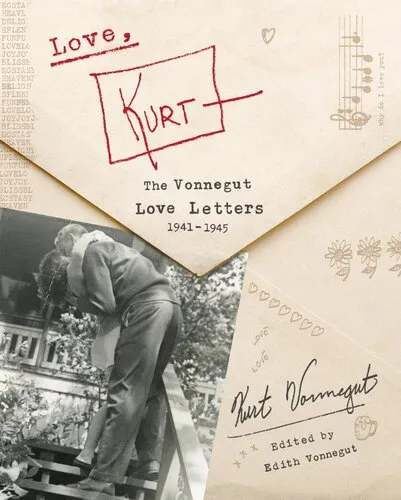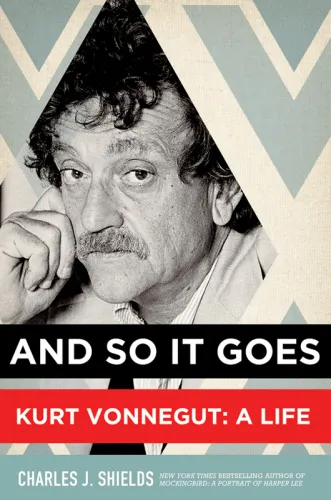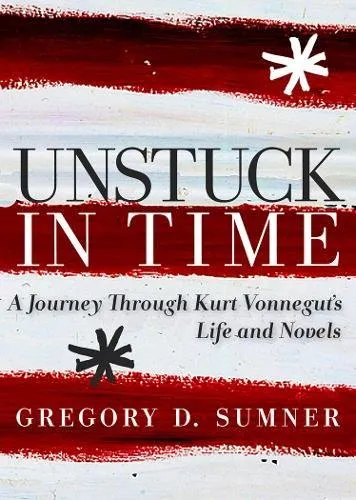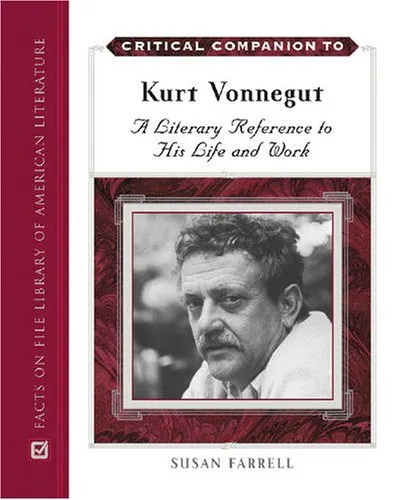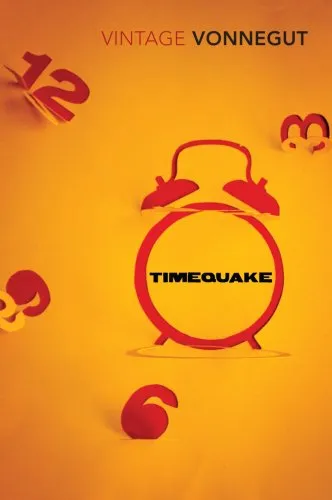Kurt Vonnegut's Slaughterhouse Five
4.2
Reviews from our users

You Can Ask your questions from this book's AI after Login
Each download or ask from book AI costs 2 points. To earn more free points, please visit the Points Guide Page and complete some valuable actions.Related Refrences:
Introduction to Kurt Vonnegut's Slaughterhouse-Five
Kurt Vonnegut's "Slaughterhouse-Five" is an iconic literary work that intricately blends elements of science fiction, autobiography, and anti-war commentary. First published in 1969, this novel remains a cornerstone of American literature and continues to be revered for its innovative narrative and profound themes. Through its unique structure and compelling insights, Vonnegut challenges readers to contemplate the nature of time, memory, and human suffering. Here, we delve into the profound essence of "Slaughterhouse-Five," exploring its summary, key takeaways, notable quotes, and the significance of its message.
Detailed Summary of the Book
In "Slaughterhouse-Five," we follow the non-linear journey of Billy Pilgrim, an unassuming optometrist who becomes "unstuck in time." The narrative leaps across various phases of Billy's life, most prominently his experiences as a soldier during World War II, his abduction by aliens from Tralfamadore, and his post-war life in America. Each episode is punctuated by the infamous bombing of Dresden, an event that deeply impacts Billy and becomes a central focal point of the book.
The novel intricately interweaves metafictional elements with Billy's time-travel experiences, reflecting Vonnegut's own experiences as a prisoner of war during the bombing of Dresden. The author utilizes the Tralfamadorians—a race of aliens who perceive time as a series of unchangeable moments—to present a philosophical commentary on the inevitability of events and the illusory nature of free will. Through this narrative technique, Vonnegut explores the tragedy of warfare, the resilience of the human spirit, and the absurdity of existence.
Key Takeaways
- The novel addresses the devastating impacts of war and the moral ambiguity surrounding the act of violence.
- Vonnegut introduces a non-linear perception of time, challenging traditional narrative structures and encouraging readers to view life as a series of interconnected moments.
- The underlying message advocates for the acceptance of life's predetermined events, encapsulated in the repeated phrase "so it goes."
- The fusion of science fiction with autobiographical elements underscores the complexity of memory and trauma.
Famous Quotes from the Book
"So it goes."
"Everything was beautiful and nothing hurt."
"And I asked myself about the present: how wide it was, how deep it was, how much was mine to keep."
Why This Book Matters
"Slaughterhouse-Five" holds enduring significance for its innovative narrative style and its potent critique of war. By seamlessly blending absurdist humor with intense emotional depth, Vonnegut crafts a story that resonates with readers on multiple levels. The novel's exploration of fate, free will, and the human condition continues to provoke critical thought and discussion, making it a staple in literary and academic circles.
The book's anti-war message gains enduring relevance in light of contemporary global conflicts, urging readers to reflect on the cycles of violence that persist across generations. Vonnegut's portrayal of the surreal and the tragic serves as a reminder of the unique power of literature to confront humanity's darkest realities with both empathy and wit. As such, "Slaughterhouse-Five" remains an essential read for anyone seeking to understand the complexities of the modern world through the lens of profound storytelling.
Free Direct Download
You Can Download this book after Login
Accessing books through legal platforms and public libraries not only supports the rights of authors and publishers but also contributes to the sustainability of reading culture. Before downloading, please take a moment to consider these options.
Find this book on other platforms:
WorldCat helps you find books in libraries worldwide.
See ratings, reviews, and discussions on Goodreads.
Find and buy rare or used books on AbeBooks.
1467
بازدید4.2
امتیاز0
نظر98%
رضایتReviews:
4.2
Based on 0 users review
Questions & Answers
Ask questions about this book or help others by answering
No questions yet. Be the first to ask!
